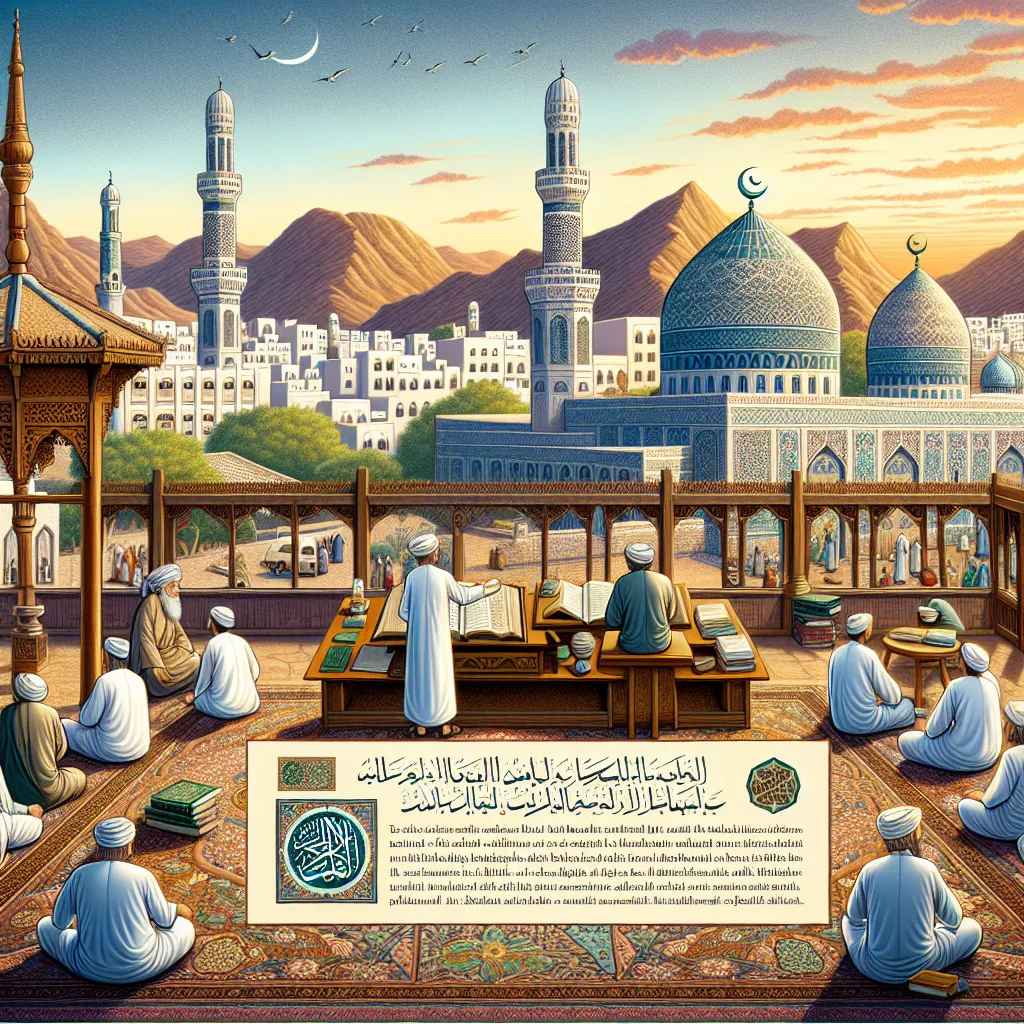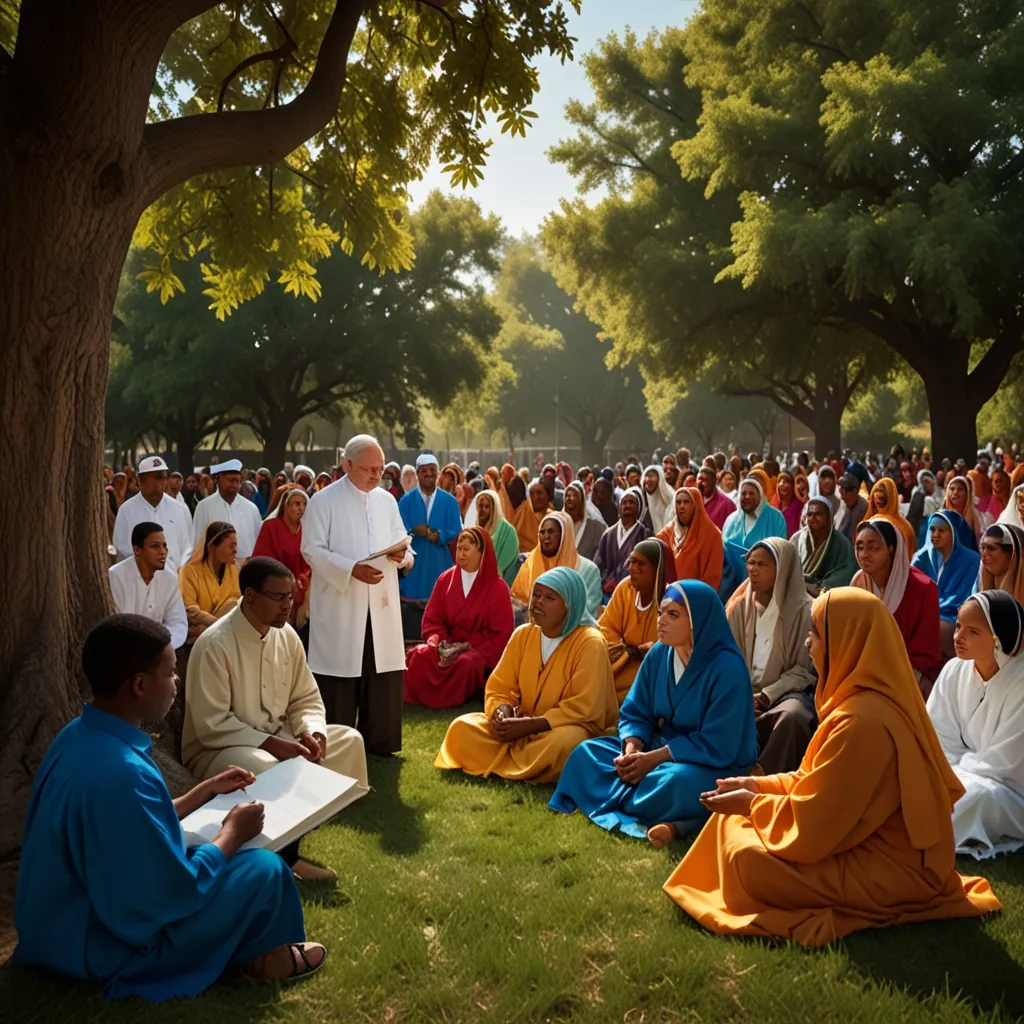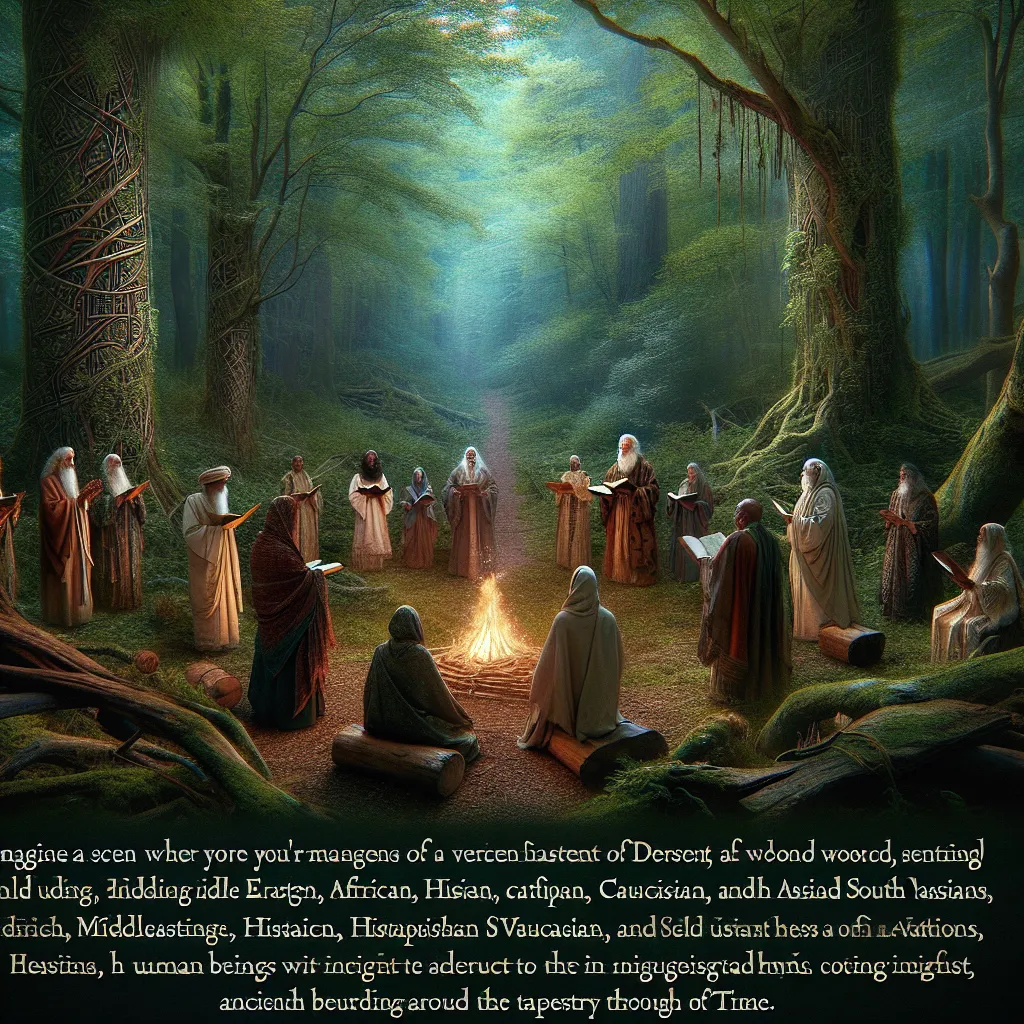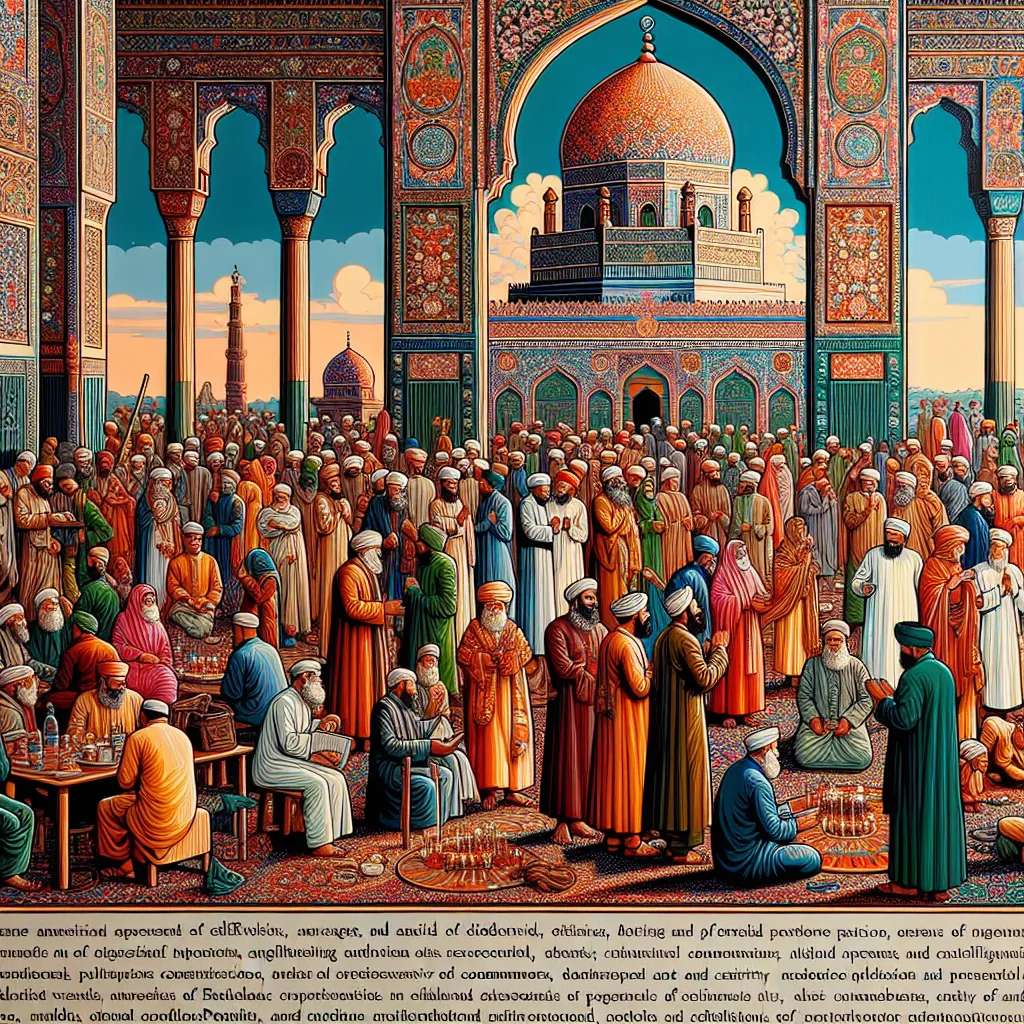In one of my recent videos, I dove into the differences between Sunni and Shia Muslims and pointed out that it’s not right to see them as entirely separate factions, like how you might view Catholic and Orthodox Christians. It’s more nuanced because both Sunni and Shia Islam have diverse internal practices and beliefs. Not to mention, they’re not the only branches in Islam. Many people mistakenly include Sufism as a separate branch, but Sufis identify as either Sunni or Shia, focusing more on a mystical dimension within Islam.
Interestingly, there’s another branch that’s often overlooked but is quite significant, especially if you travel to Oman where many people identify with it—it’s called Ibadi Islam. If you’ve never heard of Ibadism, you’re not alone. Most Muslims around the world haven’t either. They might be few in numbers globally, but they hold a strong presence in Oman, and you’ll also find Ibadis in pockets of North Africa like Tunisia and Algeria.
Ibadi Islam is often seen as a moderate and tolerant version of Islam. They seem to peacefully coexist with other Muslim denominations and different faiths, while still holding to a strict interpretation of Sharia law. This blend of strict adherence and tolerance might seem paradoxical, but it has historical roots that are quite fascinating.
The origins of Ibadism trace back to an early Islamic group known as the Kharijites. The Kharijites split from the fourth caliph, Ali, after the Battle of Siffin because they disagreed with his decision to negotiate with Muawiya, the opposing leader. While the Kharijites were known for their extreme views and actions, not all were violent. The Ibadis, in fact, come from a more moderate branch of this group.
Named after Abdullah ibn Ibad and Jabir ibn Zaid, two early Islamic scholars, Ibadism started to develop into a unique tradition around the 8th century. While they were influenced by Sunni and Shia scholars, their practices and doctrines set them apart. For instance, in terms of law, Ibadis follow a structure similar to Sunni jurisprudence but emphasize the use of personal reasoning (ijtihad) over mimicking established doctrine (taqlid). This alone sets them apart from both Sunni and Shia practices.
Their theology also shows a mix of influences and unique beliefs. Like the rationalist Mu’tazila school, Ibadis prefer interpreting Quranic verses metaphorically and uphold the doctrine that God is devoid of human-like qualities. Yet they believe the Quran was created in time rather than existing eternally with God, deviating from the mainstream Sunni belief.
Moreover, Ibadi beliefs on authority are distinctive. They elect their Imams based on righteousness and capability, with no regard for tribal affiliation. This system is quite different from both Sunni and Shia traditions. If an Imam is unjust, Ibadis believe it’s not just permissible but necessary to depose him, emphasizing accountability in leadership.
Modern Ibadism is less rigid, often promoting tolerance and peaceful coexistence. While traditionally they were stringent about who qualifies as a Muslim, today’s Ibadi scholars are more open and inclusive. This modern outlook has helped them coexist harmoniously in places like Oman, where various religious groups live side-by-side.
Ibadism shows us the depth and diversity within Islam, challenging many preconceptions about the faith. It’s a fascinating branch that deserves more attention and understanding in discussions about Islamic traditions. I hope this overview sheds some light on the unique and complex heritage of Ibadi Islam. See you next time!






